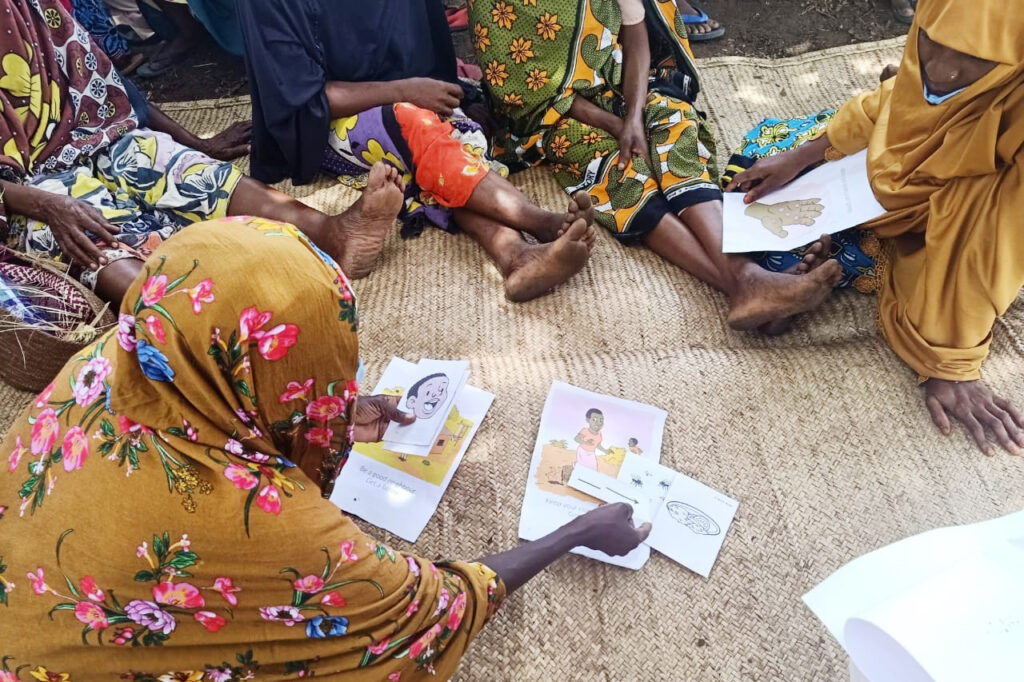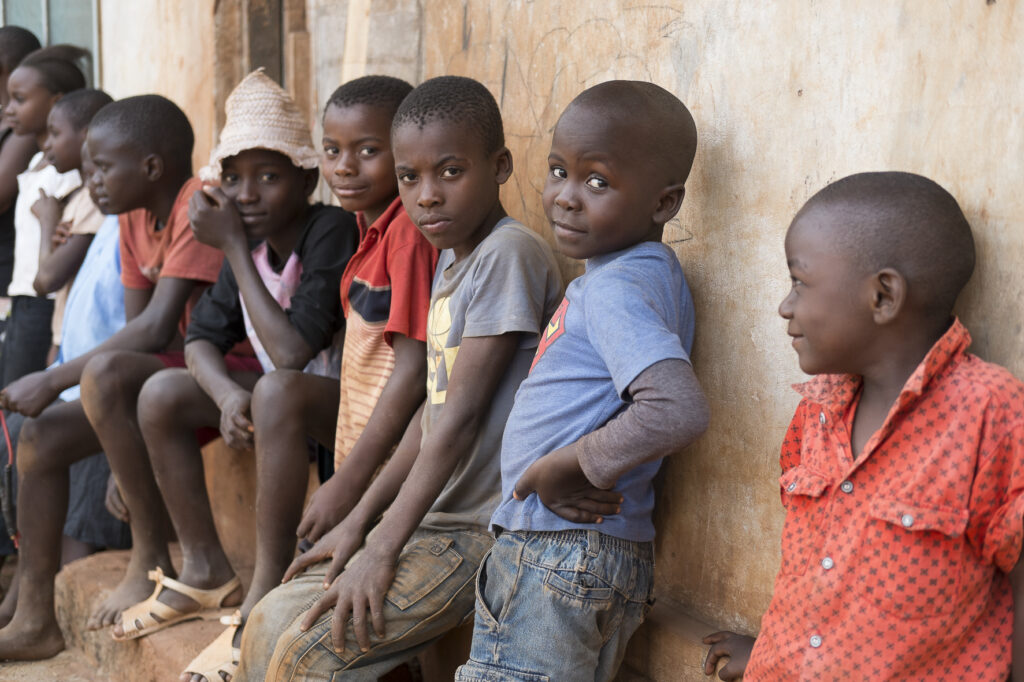Children of Africa’s activities in rural villages in Kenya start in 2006 thanks to long distance adoptions. We are currently present in four rural villages: Jaribuni and Makombeni, in Kilifi County and Majoreni and Mwamose, in Kwale County.
The four contexts, although varied and each with its own characteristics, have common traits: large and often one-parent families, still very high rates of illiteracy, poor group collaboration and widespread poverty, measured in terms of access to water, food, education, medical care and poor hygiene.

Through long distance adoptions, we support children in their school path. At the end of secondary school, based on the results and attitudes of each boy, we help them decide whether to undertake a professional or university path.
Supporting these young boys in their studies is very important for the entire community in which they live. Very often those who manage to graduate or have a diploma thanks to our foundation, and consequently find a job, undertake to help their families, supporting their younger brothers and sisters in their studies. Whenever possible, we help boys to integrate into the world of work, for example two people who have benefited from our long-distance support program, are now part of the staff of Children of Africa in Kenya.
Our project is articulated on several points
Our local staff constantly works closely with families and local communities to ensure that the context in which the children adopted at a distance live is always adequate for their needs.
Thanks to a financing from the Canton of Ticino obtained through FOSIT, we are starting a project with the groups of parents of the four main villages of origin of our boys, called Weaving the Future. The project aims to offer training courses on braiding and colouring of vegetable fibres to create objects of local use and is finalized to providing a useful tool to improve the economic conditions of woman firstly, of the family and of the entire community. In order to achieve the pre-established objectives, female empowerment meetings are also planned. The project was designed taking into account local habits, skills and culture and was enthusiastically welcomed by the participants.
At the end of the project, we will present to local women the possibility of transforming this new skill into an entrepreneurial activity, proposing ourselves as buyers of part of their products, and then selling them through the Emèl channels.

In 2019 we supported through long distance adoptions 82 children come from 68 families, reaching around 400 direct beneficiaries.
Translated by Monica Giancaspro